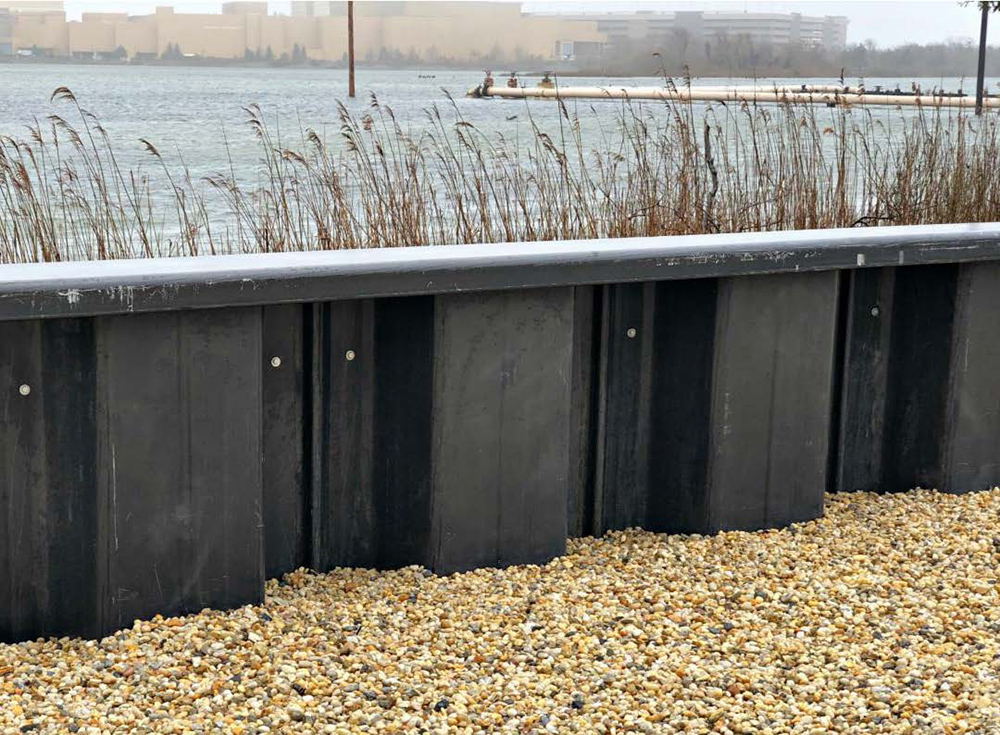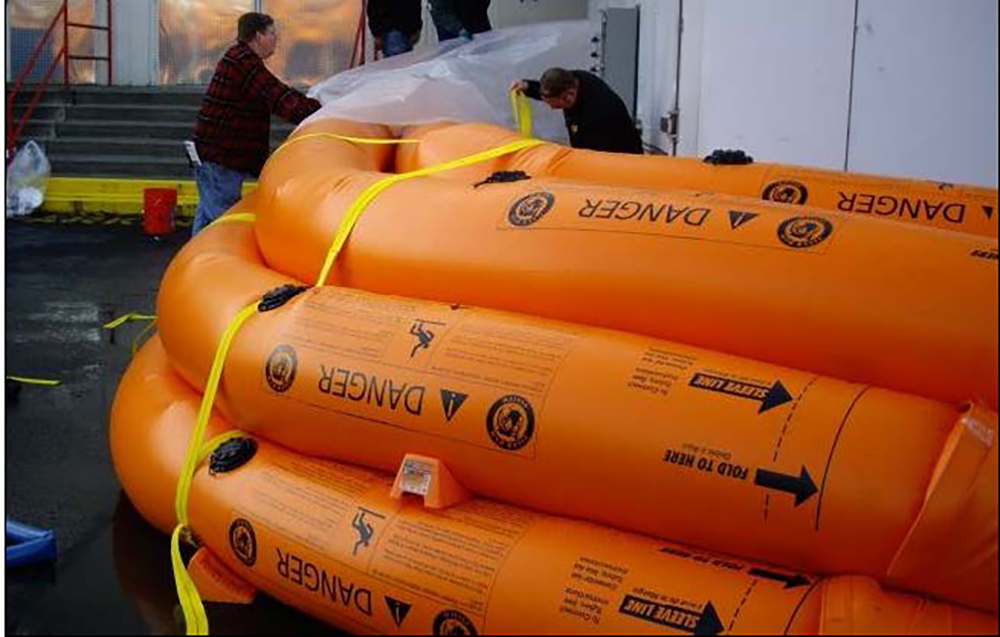by Ryan Mahoney
The New Jersey Department of Environmental Protection (NJDEP) released its first Scientific Report on Climate Change in June. The report covers the latest and most reliable science to explain how climate change will impact New Jersey.
Current Impacts
New Jersey is already experiencing the effects of a changing climate through increasingly mild winters, more intense rainfalls, flooding along inland streams and rivers, and more tidal flooding along our coast.
The Report’s Executive Summary notes that increasing greenhouse gas concentrations have contributed to a 3.5 degrees Fahrenheit increase in New Jersey’s average temperature. This is a faster increase than the rest of the Northeast region and the world.
Another item of note is that tidal flooding events have already increased. These events occurred less than once per year in the 1950s; between 2007 and 2016, they occurred an average of eight times per year.
What’s to Come

The report suggests that projected warming will result in longer and more frequent heat waves. Annual precipitation is also expected to increase by 2050 and occur in more intense rain events that could result in an increase in localized flooding. Sea level rise will also contribute to increased coastal flooding during sunny days and storm events, which would impact infrastructure, residents and businesses.
How We’re Preparing Now
The Atlantic County Utilities Authority (ACUA) operates critical infrastructure that must be protected from the impacts of climate change. Our Wastewater Treatment Plant in Atlantic City, NJ, treats an average of 28 million gallons of wastewater every day, which is essential to keeping our local waterways clean. To protect the facility during future storm events, ACUA has implemented multiple resiliency projects including the construction of a seawall around the facility, investments in inflatable barriers and portable generators, upgrades to emergency power systems and more.
These resiliency measures are part of ACUA’s ongoing work to meet the needs of our community while protecting the environment. Other green initiatives include using renewable energy produced by wind turbines and solar panels to operate our wastewater treatment plant, powering our Solid Waste facility in Egg Harbor Township with electricity created from landfill gas and greening our fleet of vehicles by converting collection trucks to compressed natural gas (CNG) and using electric vehicles that plug in at our publicly accessible charging stations.
What You Can Do
The NJDEP report underlines the importance of the ongoing work municipalities, green teams and local organizations are doing to protect the environment. We can all do our part by reducing the amount of waste we create, recycling correctly, choosing renewable energy and more.
Thinking about climate change can be overwhelming, but this report helps us understand how our region will be affected. The impacts of climate change threaten our property, public health, safety and economy. Gaining an understanding of the impact helps the State better prepare and adapt for the future.
You can read the 2020 New Jersey Scientific Report on Climate Change online: https://www.nj.gov/dep/climatechange/data.html
NJDEP has more information located on their website covering how the State is working to address and mitigate the impacts of climate change through reducing emissions of climate pollutants and preparing for the climate impacts New Jersey cannot avoid.
To learn more about ACUA’s Green Initiatives:






